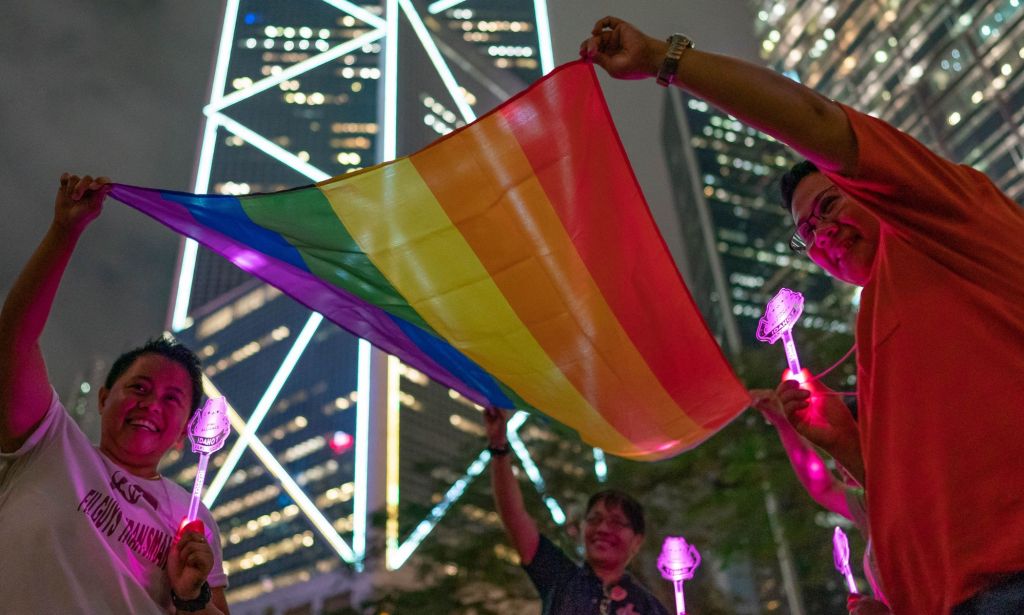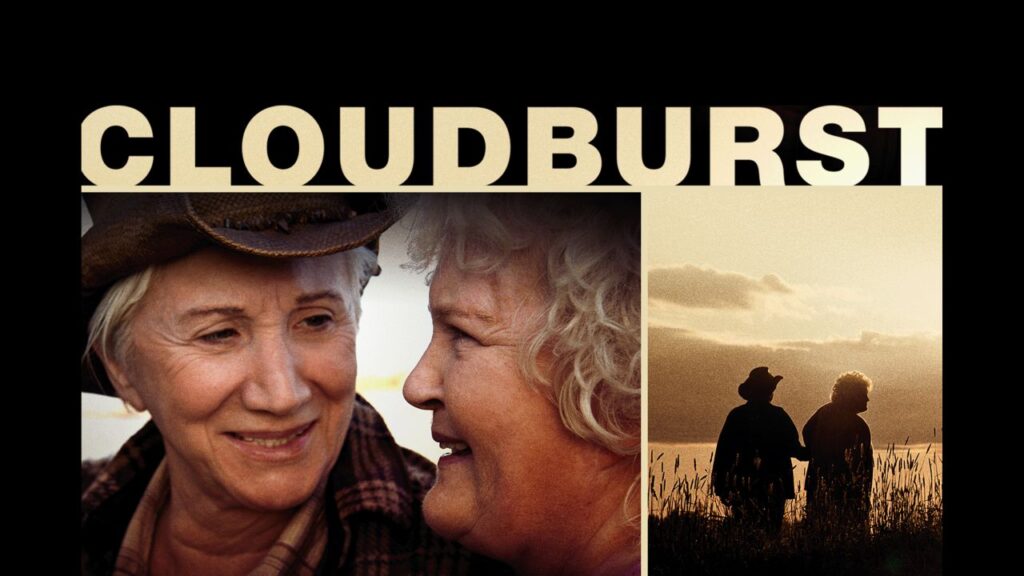LinkedIn exposes transgender users to targeted harassment after company quietly changes hate speech policy
LinkedIn, the popular professional networking platform, has quietly stripped explicit protections for transgender and nonwhite users from its English-language hate speech rules, repeating a playbook now familiar to LGBTQ+ advocates tracking the rollback of content safeguards across major social mediaplatforms.
The changes, first flagged by the nonprofit Open Terms Archive and independently confirmed by The Advocate, involve edits to LinkedIn’s Professional Community Policies, specifically the “Hateful and Derogatory Content” and “Harassment and Abusive Content” sections. In both, references to protections for transgender people and people of color were either weakened or removed entirely.
Before Monday, the site’s “Hateful and Derogatory Content” page included a line explicitly prohibiting the “misgendering or deadnaming of transgender individuals” as an example of hate speech. That language has now been deleted. The same page still states that LinkedIn prohibits content that “attacks, denigrates, intimidates, dehumanizes, incites or threatens hatred” against individuals based on characteristics including gender identity and race. But misgendering and deadnaming, terms that refer to deliberately using the wrong name or pronouns for a transgender person, are no longer explicitly prohibited.
The company also edited its “Harassment and Abusive Content” section. In the previous version, LinkedIn made clear that “content that negatively targets others on the basis of inherent traits, like race or gender identity,” would be enforced under its hate speech rules. That language has now been changed to exclude those specific attributes, referencing only “inherent traits” without further definition. The page still prohibits behaviors such as doxxing, trolling, and comparing people to hate groups, and includes a new reference to “perceived gender” in the context of disparaging appearance, but makes no mention of transgender identity or expression.
Archived versions show the deleted language was still live on the site as recently as Monday, and had been in place since at least April 2023. No announcement accompanied the edits, which are not reflected in LinkedIn’s Trust and Safety blog or other transparency channels.
After an inquiry from The Advocate, a LinkedIn spokesperson initially defended the platform’s stance against identity-based abuse, asserting that “We regularly update our policies. Personal attacks, intimidation or hate speech toward anyone based on their identity, including misgendering, violates our harassment policy and is not allowed on our platform.”
Less than an hour later, the company asked to revise that statement, removing the phrase “hate speech” and instead mirroring the new policy language: “Personal attacks or intimidation toward anyone based on their identity, including misgendering, violates our harassment policy and is not allowed on our platform.”
When asked to clarify whether LinkedIn’s new wording allows certain forms of dehumanizing or hateful language to go unaddressed, a second company spokesperson said “neither” and pointed to LinkedIn’s “Hateful and Derogatory Content” page.
LinkedIn’s changes come at a time when the Trump administration continues its full-scale rollback of LGBTQ+ rights. Within hours of his second inauguration in January, President Donald Trump signed an executive order instructing all federal agencies to define sex and gender based on birth assignment. Since then, federal departments have removed protections for trans people across health care, education, the military, and immigration services.
The LGBTQ+ media nonprofit GLAAD condemned the move as “an overt anti-LGBTQ+ shift” that mirrors troubling developments at Meta and YouTube under the influence of regulatory and political pressure of the second Trump administration. The revision removes key clarity at a time when targeted abuse against transgender people is surging.
“It’s the latest in a disturbing trend,” a GLAAD spokesperson told The Advocate. “Following Meta and YouTube earlier this year, yet another social media company is choosing to adopt cowardly business practices to try to appease anti-LGBTQ political ideologues at the expense of user safety.”
According to GLAAD’s 2025 Social Media Safety Index, released in May, major tech platforms are failing LGBTQ+ users, and in some cases, actively endangering them. The report, which didn’t include LinkedIn, shows protections for LGBTQ+ people online have eroded dramatically over the past year, especially on platforms owned by Meta and Google. Every company surveyed received a failing grade, with TikTok scoring highest at just 56 out of 100 and X (formerly Twitter) lowest at 30.
“Targeted misgendering and deadnaming are among the most frequent and insidious forms of anti-trans hate online,” the GLAAD spokesperson said.
The policy rollback at LinkedIn closely echoes the arc of changes at Meta, the parent company of Instagram, Facebook, and Threads. In January, The Advocatereported that Meta had rewritten its “Hateful Conduct” policies to allow posts that previously would have been banned, so long as they are framed as “political or religious” discourse. The company’s new rules explicitly permit content excluding trans and gay people from restrooms, sports, and employment, and even allow for content portraying LGBTQ+ identities as “abnormal” or mentally ill.
In April, The Advocate reported that YouTube removed “gender identity and expression” from its hate speech policy. The company called the deletion a “copy edit” but never restored the language or explained the rationale.
Related: LGBTQ+ people’s safety has plummeted across social media platforms: report
“As transgender and nonbinary people face escalating attacks and extreme dehumanizing rhetoric from the right, including from political leaders and government agencies, social media platforms have a clear responsibility to uphold basic protections,” the GLAAD spokesperson said. “Instead, LinkedIn is aligning with the far-right Project 2025, which calls for targeting ‘woke culture warriors … start[ing] with deleting the terms sexual orientation and gender identity…’”
Microsoft, which owns LinkedIn, prominently touts its commitment to diversity, equity, and inclusion in annual reports and public campaigns. Its 2024 Global Diversity & Inclusion Report declares, “Empower every person and every organization on the planet to achieve more.” The company’s Chief Diversity Officer emphasizes the importance of creating a “thriving organization” rooted in “differing perspectives” and inclusive behavior.
When The Advocate initially asked Microsoft to comment on LinkedIn’s removal of the transgender protections, the company did not answer questions. A spokesperson confirmed that they were “looking into this.” Later, the spokesperson pointed to LinkedIn’s response and said, “Microsoft doesn’t have anything further to share.”
“Hate speech policies are a reflection of a company’s values,” the GLAAD spokesperson told The Advocate. “If LinkedIn believes that transgender and nonbinary people should be protected from hate and harassment, they should clearly state this without resorting to confusing doublespeak.”


